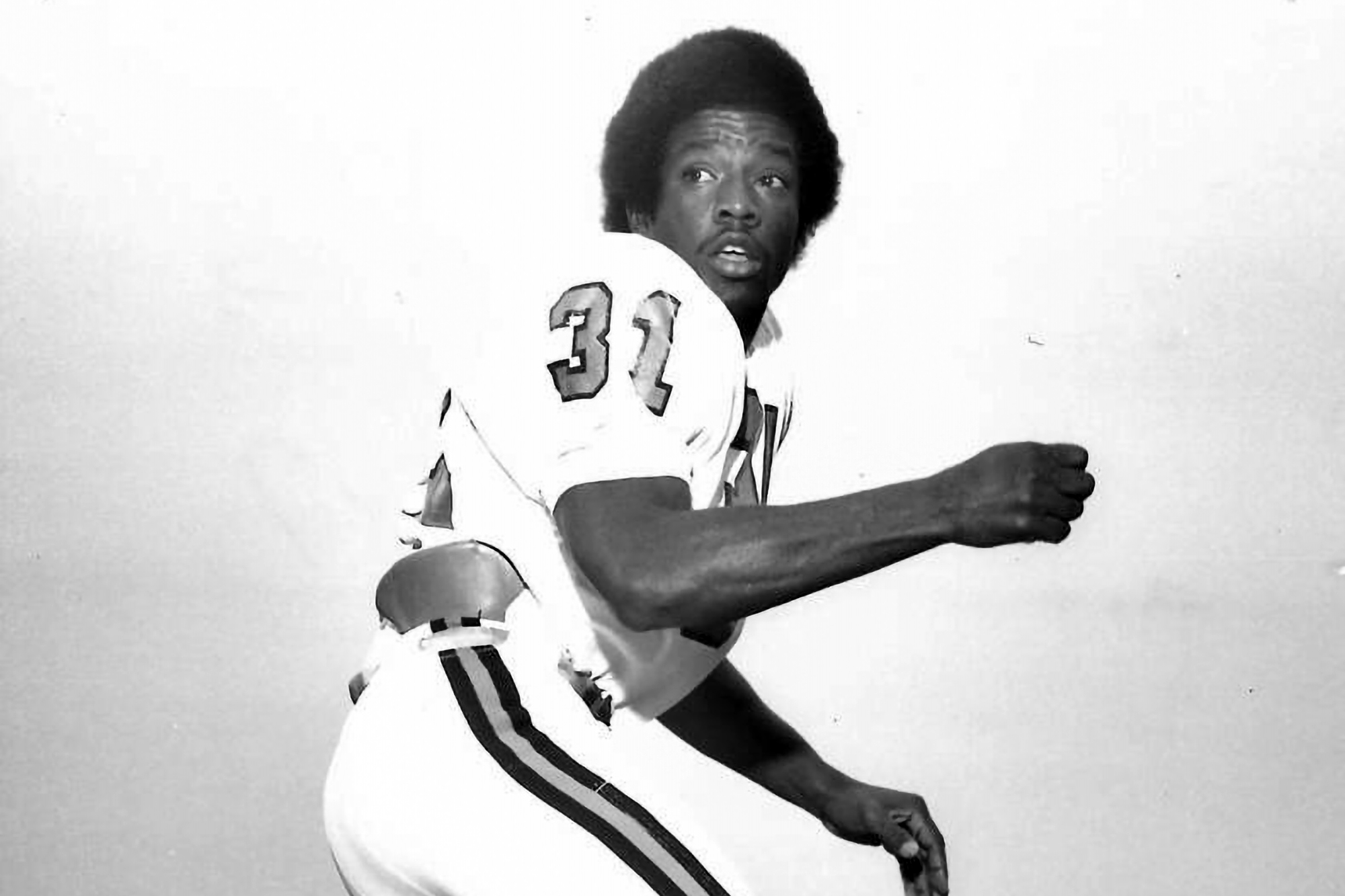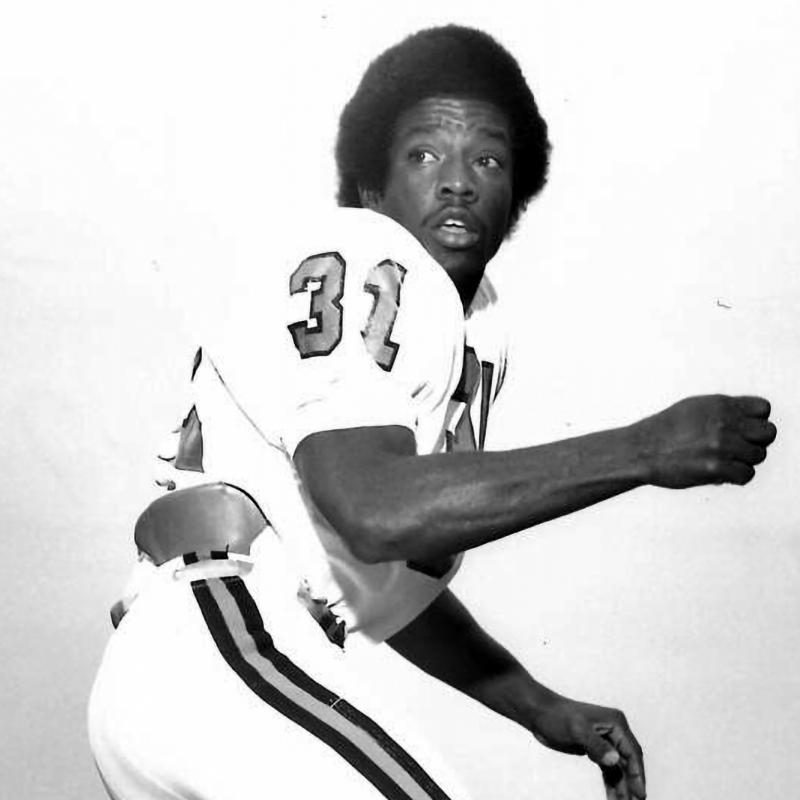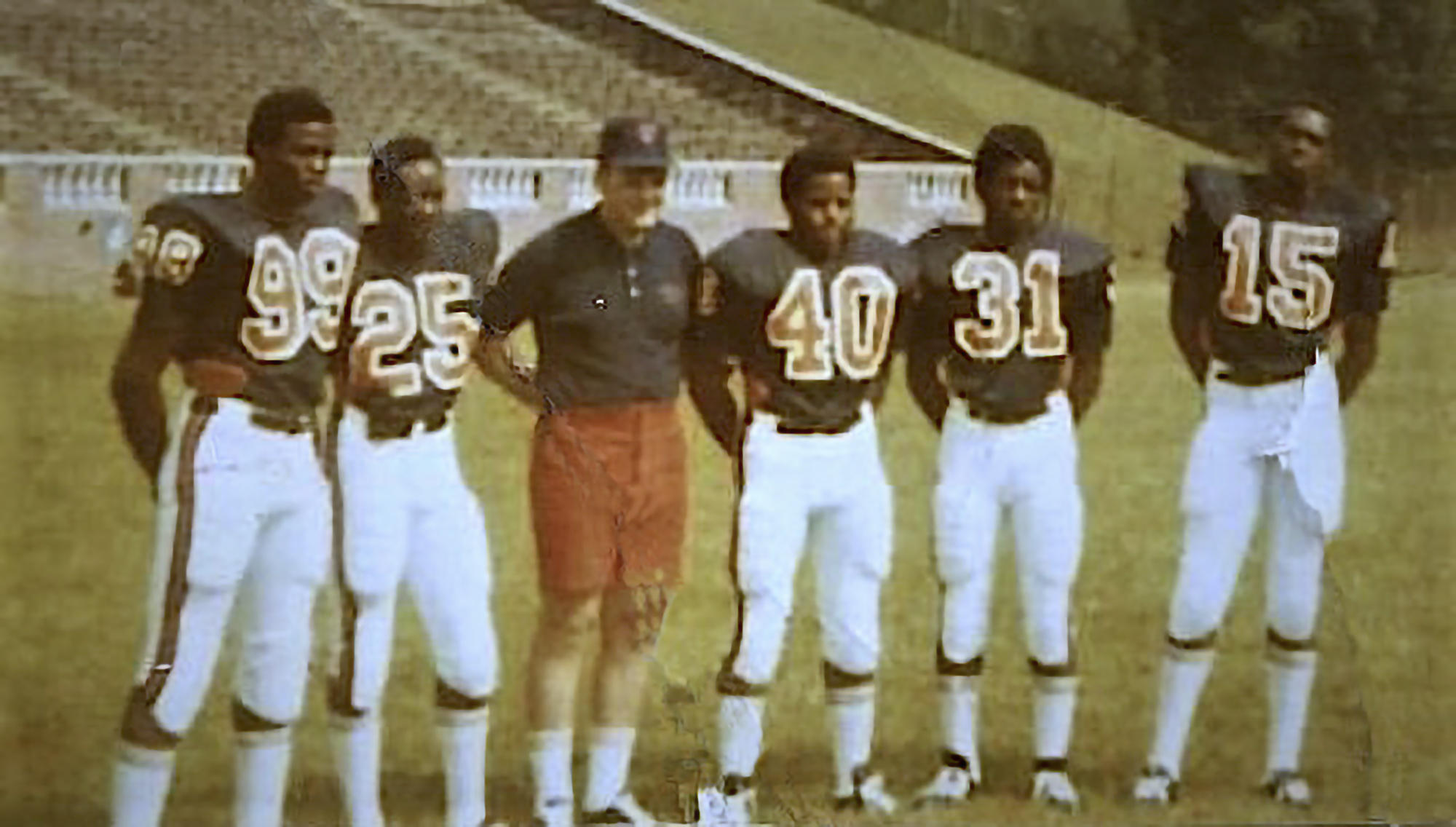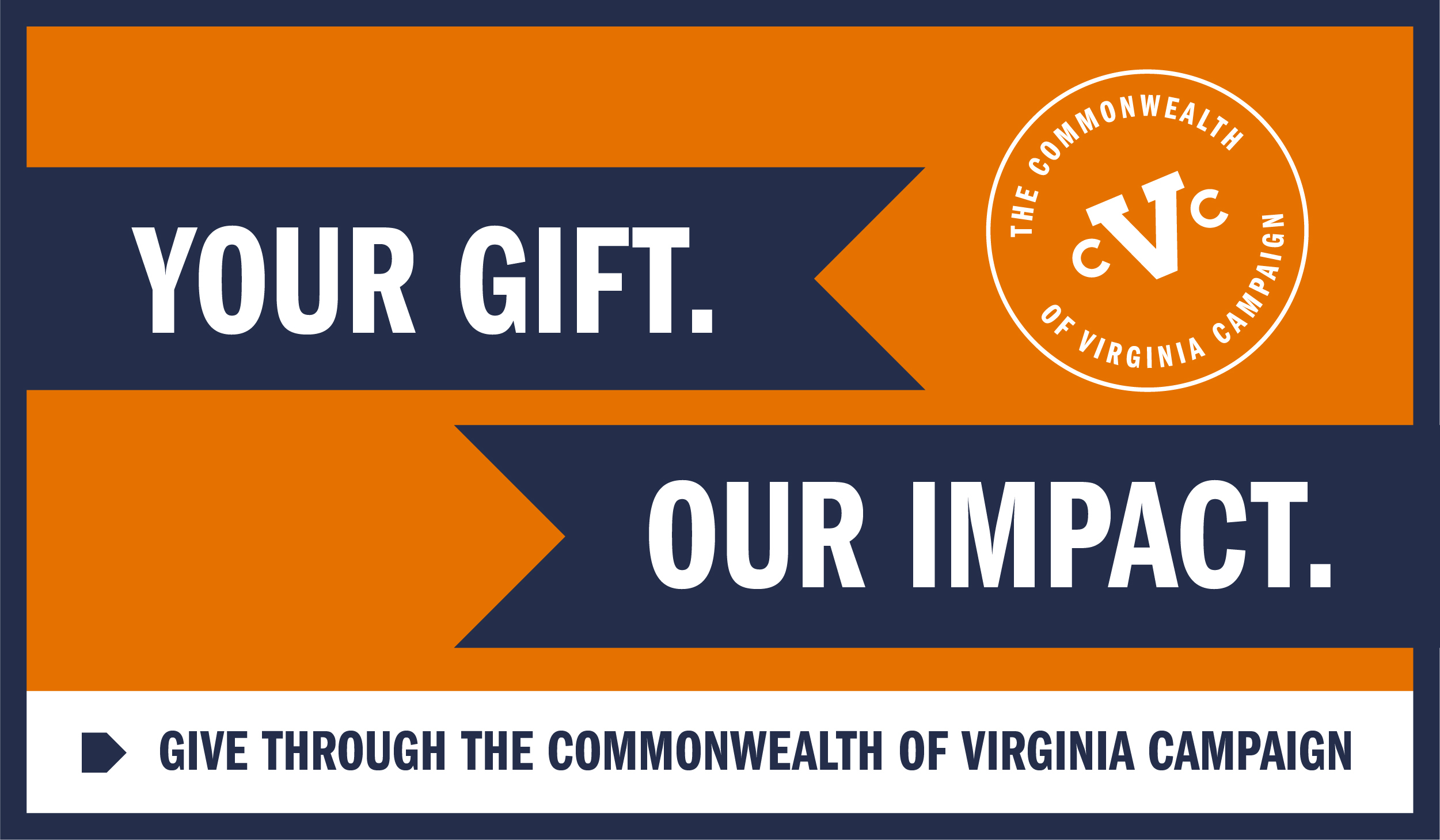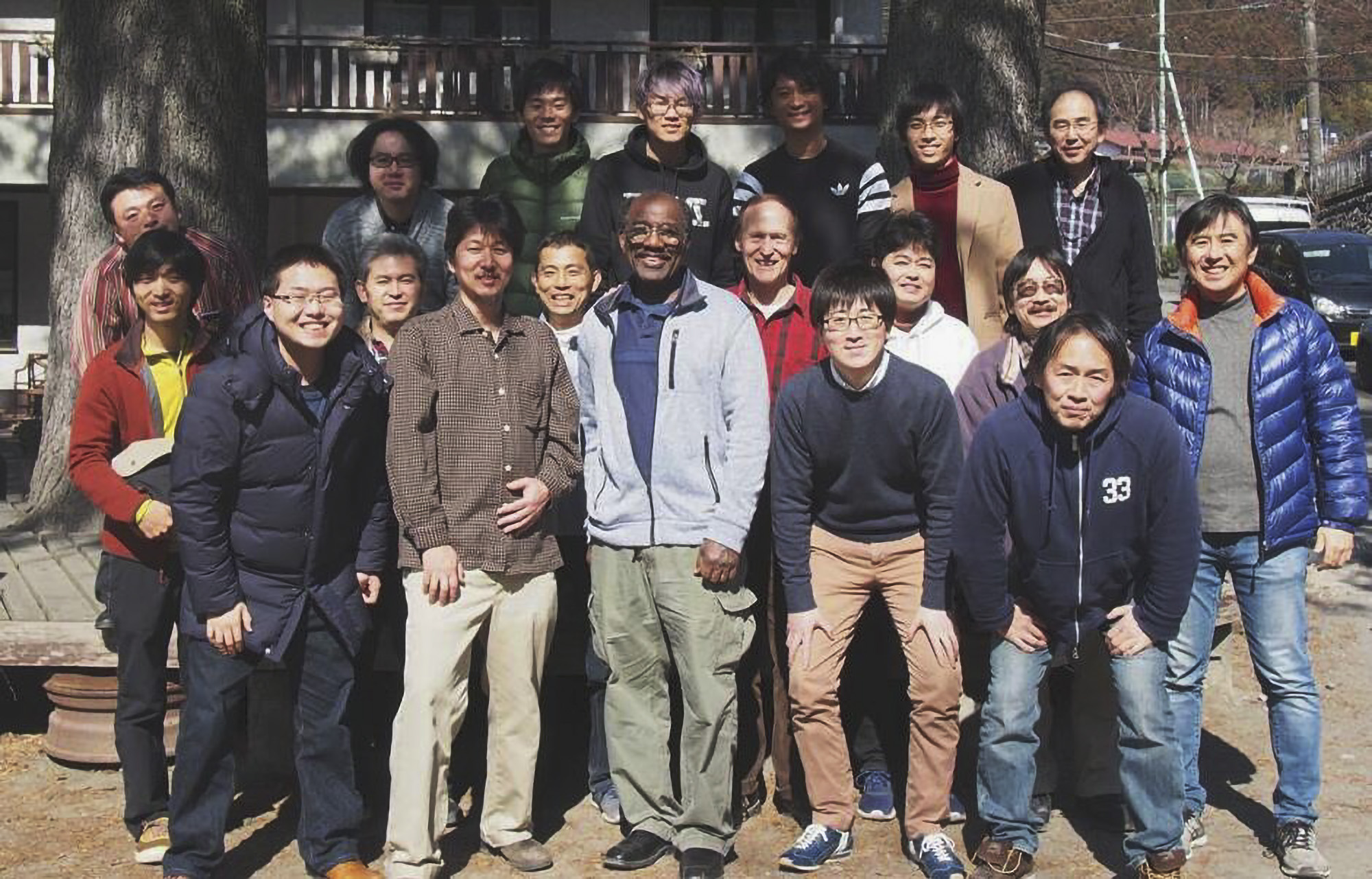Ham was born in Roanoke, his parents’ hometown, but spent little time there. “When I was 2 years old, my dad joined the Air Force, and then we started traveling,” he said. “I spent three years in Japan. I spent six years in Minot, North Dakota, three years in Germany. So it was all over the place.”
When Ham was in high school, his father was stationed at Ramstein Air Force Base in Kaiserslautern, Germany, and the family lived in a military community called Vogelweh. Ham played American football in high school. “It was not as competitive as it would have been in the United States, of course, but we were pretty competitive,” he said.
When his father’s assignment in Germany ended, he was assigned to Langley Air Force Base in Hampton. Ham wanted to attend college and began researching schools in the Commonwealth of Virginia. After applying to UVA, he was accepted and decided to head to Charlottesville.
Not until 1970 did the University enroll its first class of undergraduate women. So Ham arrived at a school that was not co-ed and whose undergraduate student body included “21 or 22” African Americans, he said.
He had experience in similar settings.
“All my life traveling with my dad in the Air Force, there were many situations where I was the only person of color,” Ham said. “So all my life I was accustomed to being a minority. It toughens you up. It really does. It never stops hurting, if you hear somebody say something or somebody does something because of the color of your skin. The pain will always be there, but there’s more resilience after time, and I have to say that when I got to UVA, I never heard anybody call me a name. No one really treated me ill on the team.”
He credited such teammates as Gary Helman, a standout running back who was one of the Cavaliers’ captains.
“I remember we were doing a goal-line scrimmage [in practice],” Ham said. “I was on the defense, and we were going against the offense, and the hole opened up, and I intuitively knew that somebody was coming through that hole. We were playing goal-line defense, and I got as low as I could, and then there was this major impact.
“I think I was knocked out for a few seconds. The next thing I knew, the guys were patting me on the back because I was able to stop Gary Helman before he crossed [the goal line], and the guy who was really applauding me most was Gary Helman. He said, ‘Well done, Ham, well done.’ So when you have a guy like Gary Hellman affirm you in that way, who’s gonna mess with you? Who’s gonna talk about you?
“I had a couple of other moments like that, and that’s how I got the scholarship, because I just stuck my nose in places and it worked out for me on the field.”
The African American students who entered UVA in 1969 developed a strong camaraderie, Ham said, and he spent much of his time with that group. He didn’t interact a lot with Davis, Land, Merritt and Rainey.
“Obviously, I had a lot of respect for those men, and like everybody else I was so glad they came and became part of the team,” Ham said. “I really thought they were going to take us to another level, believed in it, and of course they did help change the team a whole lot. But I was with a group of people, and we connected with an African American church there in Charlottesville, and we developed some relationships and friendships there, too.”
His senior football season didn’t turn out as Ham hoped, but he competed as a jumper on Virginia’s track & field team, coached by Lou Onesty, in the spring of ’73. “I didn’t letter in football, but I lettered in track,” Ham said.
After graduating from UVA, he spent four years in the U.S. Army. Then he attended Elim Bible Institute in Lima, New York, and entered the ministry after graduating in 1980. The Hams spent two years in Franklin, a small city about 45 miles west of Norfolk, and then relocated to the Tidewater area.
Apart from the two years (1986-88) they spent in Nigeria as missionaries, the Hams were mostly based in Hampton Roads until 2002, when they moved to the Rochester area. Ham served as the Elim Fellowship’s director of international ministries from 2002 to 2008.
“All the work I have done has been for the Lord,” Ham said. “Every bit of it. It is responding to the call of God upon my life and my wife’s life. It’s taken us to almost 35 different countries, where we’ve served in unbelievable situations and circumstances, and we’re still working.”
Ham and his wife, who grew up in Newport News, have “three sons, three beautiful daughters-in-law, and nine grandchildren,” he said, smiling.
Before Saturday, he hadn’t been back to Charlottesville for several years, but he catches Virginia football games on TV “all the time,” Ham said.
He rejoined the program in a new capacity for a game on Nov. 28, 1998. Ham, who was living in Hampton at the time, was in Blacksburg that day to witness perhaps the most memorable comeback in UVA history. He’d been invited to lead the chapel service for the players the night before the game.
For the Hoos, the service went better than the first half of the game. Virginia trailed 29-7 at the break, and Ham was among those lamenting the situation at Lane Stadium.
“I said, ‘God, they’ll never have me back again,’” he recalled, laughing. “I said, ‘God, do something.’ ”
His prayers, and those of UVA fans everywhere, were answered. The Cavaliers rallied to win, 36-32.
“It was an amazing game,” Ham said.
